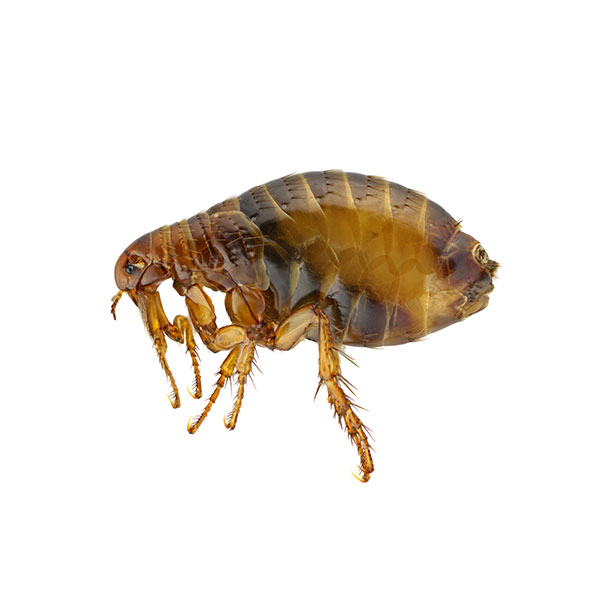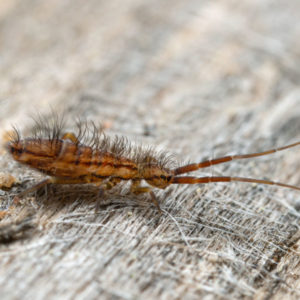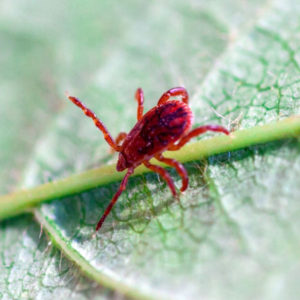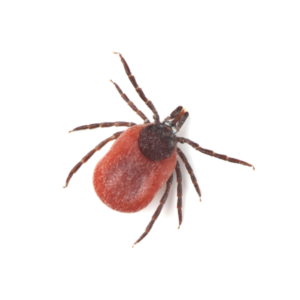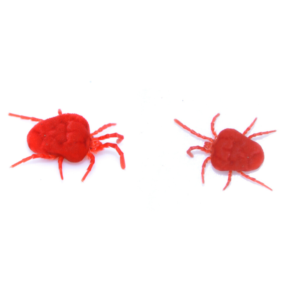Fleas in North Jersey
Fleas are tiny blood-sucking parasites that live on their host. Adult fleas must feed on blood in order to survive and reproduce. Fleas frequently become household pests due to their tendency to turn up on cats and dogs. Especially during spring and early summer when their numbers tend to increase dramatically, fleas can be a huge nuisance to pets and their owners, causing intense itching and scratching.
Flea Habitat
Fleas thrive in many outdoor climates in New Jersey, but they prefer moist, humid, and shady areas. If your home has a porch or deck, the area underneath it can turn into an overwintering site. Tall grass, leaf litter, weeds, wood piles, gravel, and sand can all be enticing; cracks in concrete can also harbor fleas. Fleas do not fare well in sunny areas or open grass. If you have fleas in your home, they most likely entered attached to a pet, although it’s not unheard of for them to come in by themselves. Flea larvae do not like light which is why you’ll often find them inside hiding in carpet, bedding, pet beds, and upholstered furniture.
Flea Behaviors, Threats, or Dangers
Fleas feed on blood only. Their primarily feed on animals other than humans but may bite and infect humans also. Flea bites look like small red dots and may occur in clusters around feet, ankles, and legs. They may trigger allergic reactions in individuals, but flea bites are unlikely to cause a major health issue. Some people and pets do suffer from flea bite allergic dermatitis, characterized by intense itching, hair loss, reddening of the skin, and secondary infection. This reaction can be initiated by a single bite and itching can persist for up to five days afterward. Fleas are wingless and do not fly; however, they are one of the best jumpers in the entire world, able to leap up to 20″ in a single bound. That’s about 200X their body length!
If you are dealing with a flea infestation, contact your local flea pest control technicians for help.

